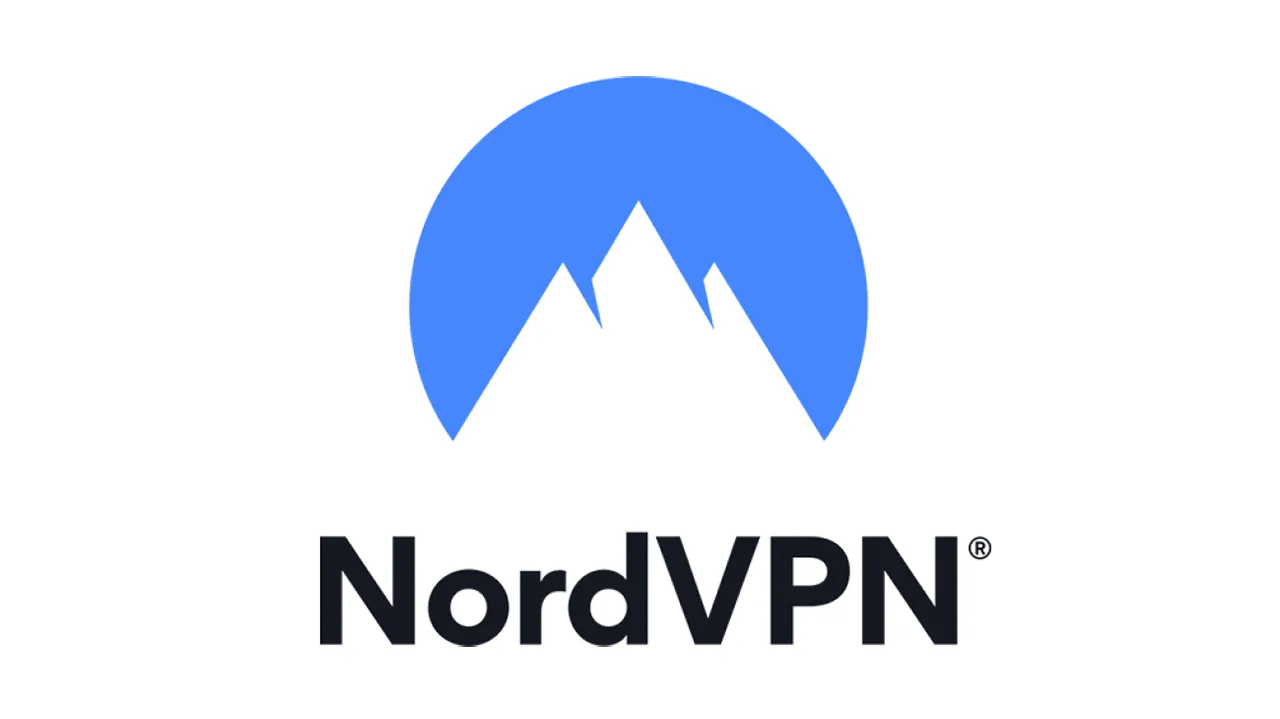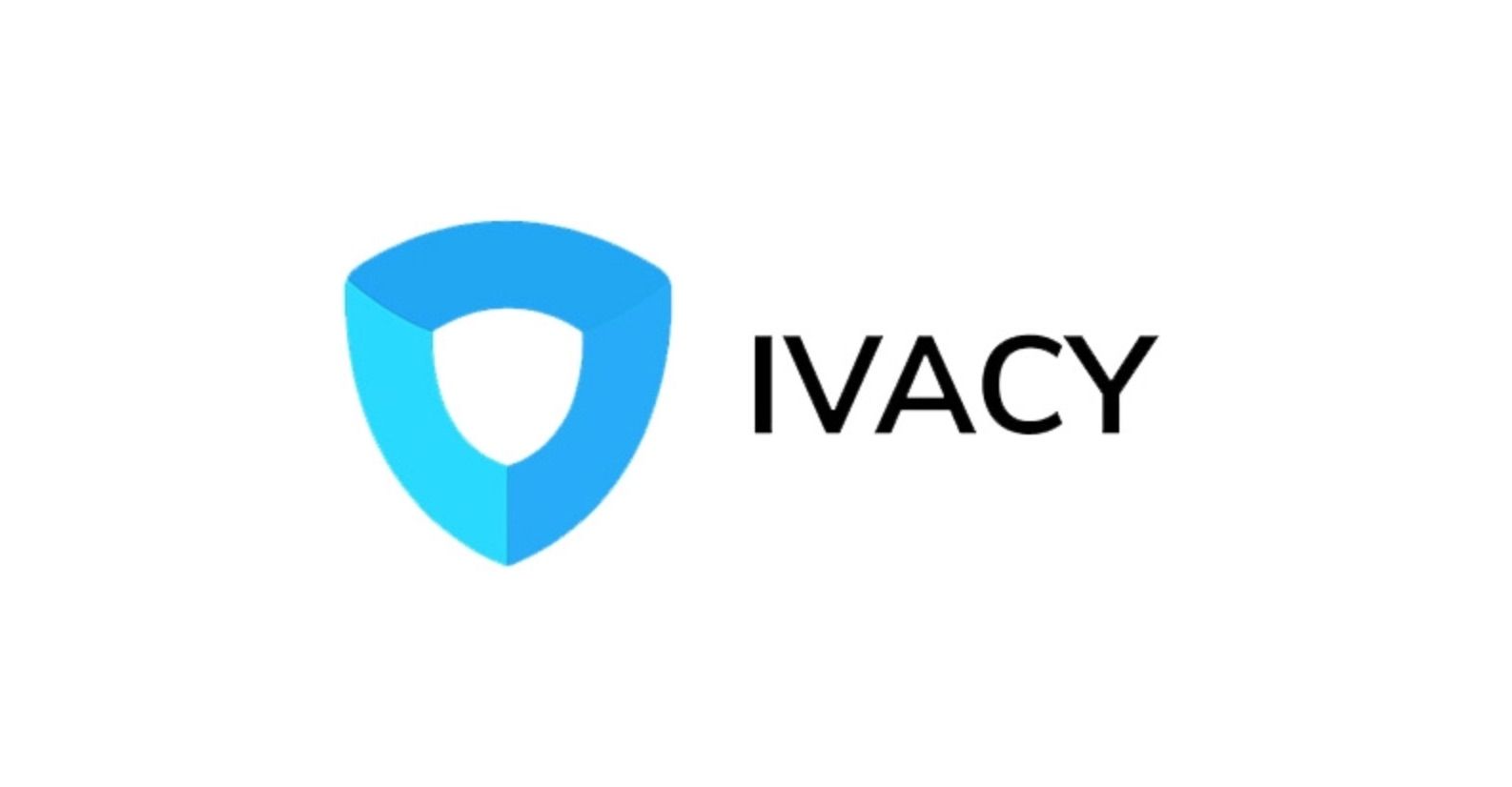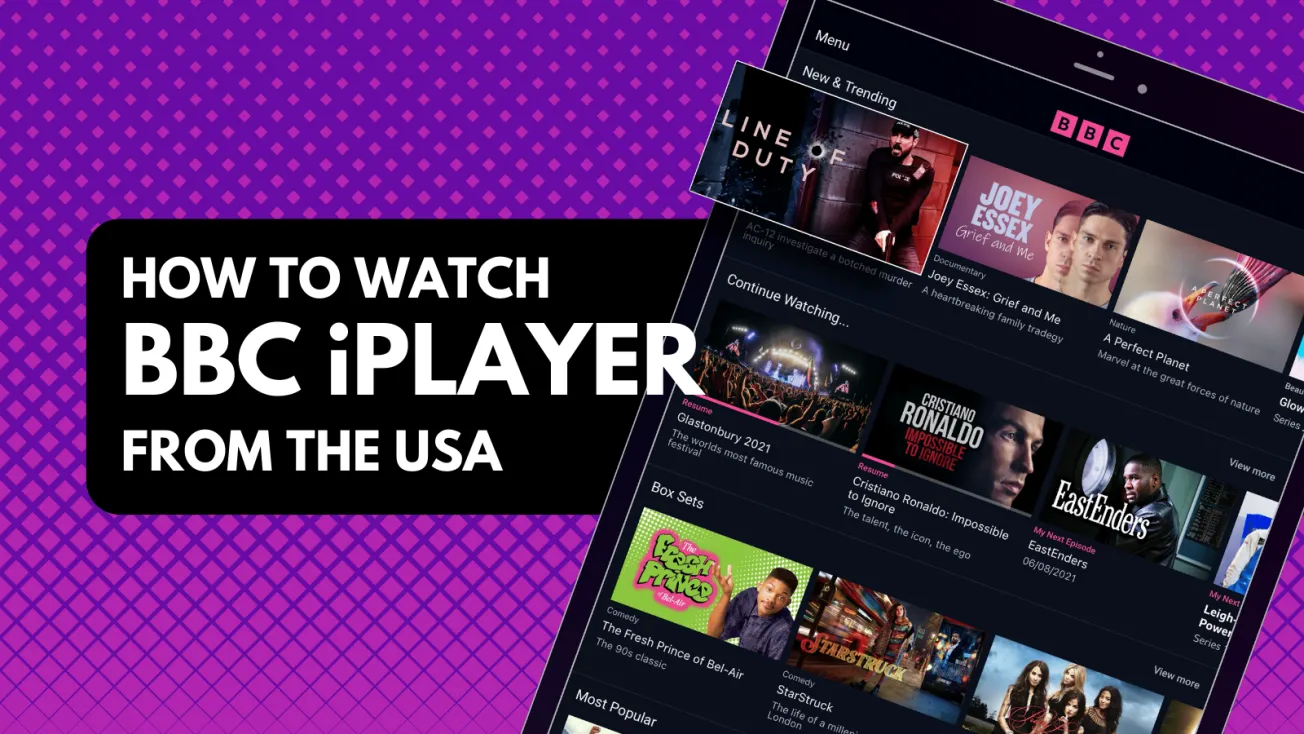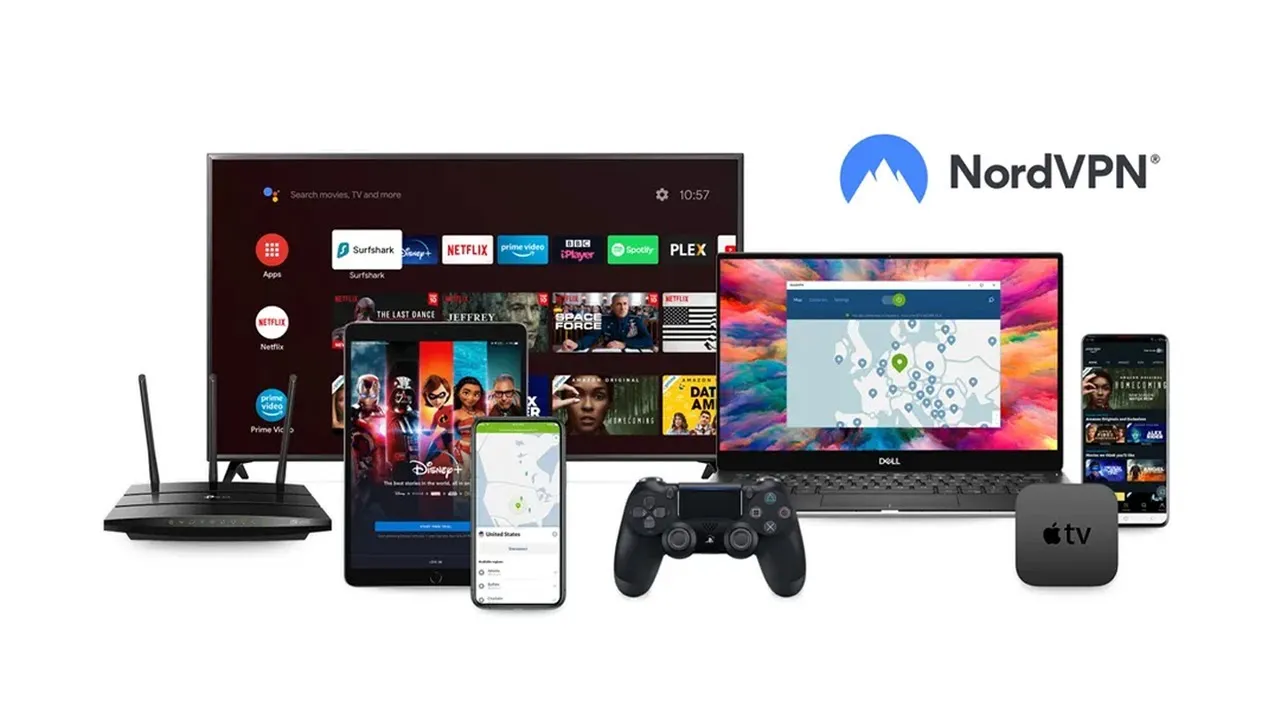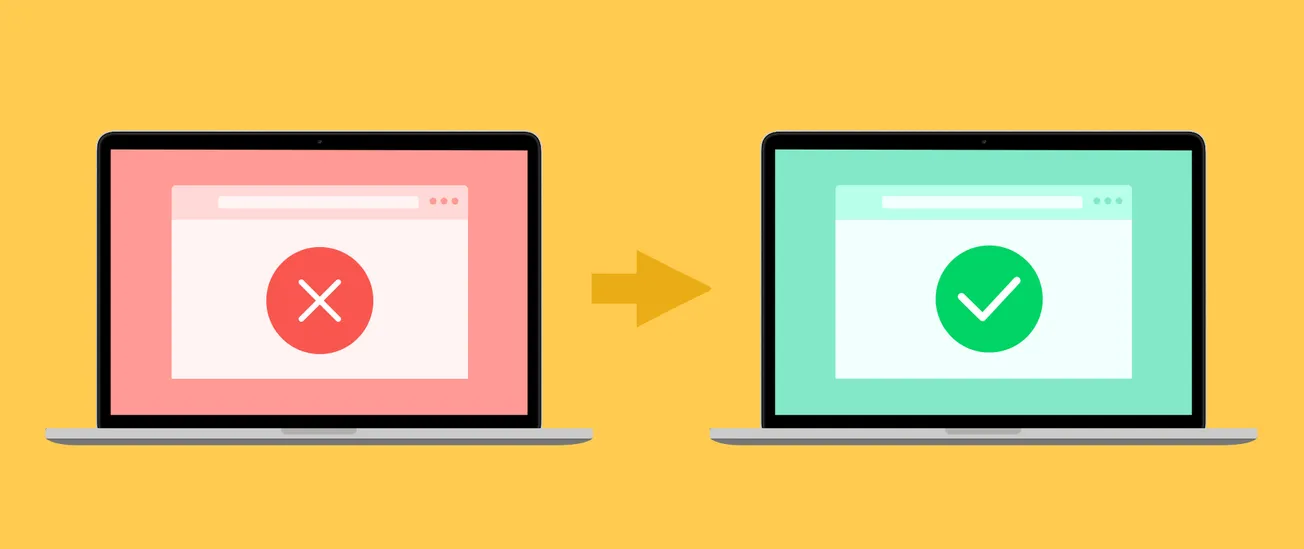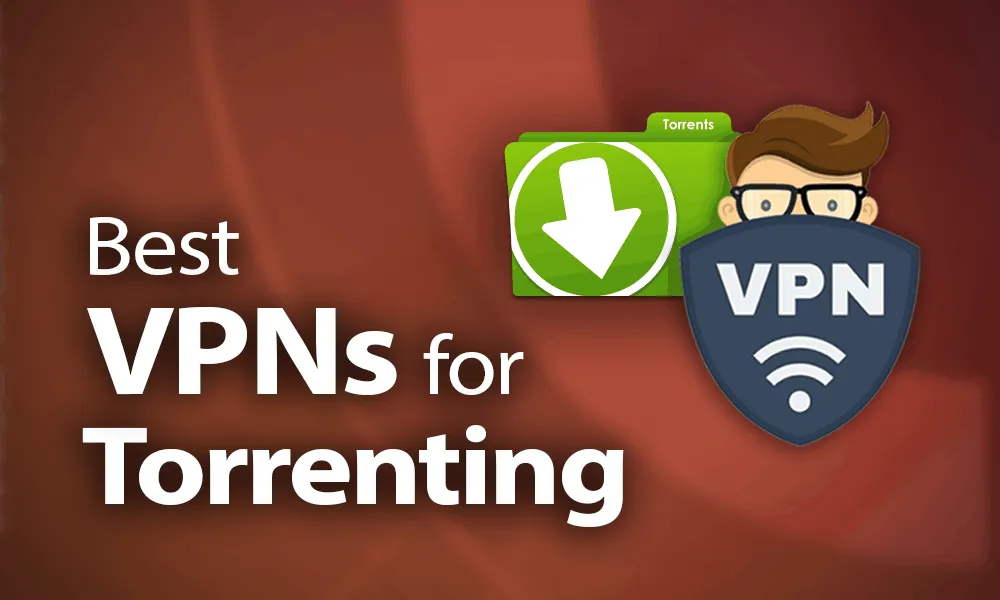Table of Contents
When you utilize a VPN on your device, it establishes a secure and encrypted connection between you (the client) and a VPN server. By routing the connection through another computer, it becomes significantly more challenging for anyone, including your ISP, to identify your actual IP address or track your physical location.
Through proper configuration, a VPN ensures that your personal data remains unreadable to your ISP and potential malicious entities. It safeguards your online activities, making it impossible for them to discern which websites you visit or which apps you use while accessing the internet.
So, what exactly is the purpose of a VPN and what benefits does it offer? Let's delve into the details.
Exploring the Multifaceted Benefits of VPNs
While some individuals may question the need for a VPN, assuming they have nothing to hide or that privacy measures are excessive, the reality is that VPNs offer much more than just online privacy protection. They serve a vital purpose for individuals residing in oppressive regimes or countries with limited human rights. In such places, expressing dissenting opinions can lead to severe consequences, and certain websites may be blocked. It is no wonder that VPN usage has seen a surge in countries like China, the UAE, and Cuba.
The fundamental principle behind a VPN is redirecting your internet traffic through an alternate server, as detailed in our comprehensive guide, "How does a VPN work?" This technique provides an effective means for individuals in these regions to bypass restrictions and gain access to blocked websites, such as the BBC or the New York Times.
The significance of VPNs extends beyond personal privacy, encompassing the empowerment of individuals living in challenging circumstances and facilitating unrestricted access to information and knowledge.
Enhancing Security on Public Wi-Fi with a VPN
Contemplating the use of a VPN on public Wi-Fi networks is a prudent decision. Not only does a VPN safeguard your online activities, but it also provides an additional layer of protection against potential threats posed by scammers and identity thieves. Connecting to public Wi-Fi may be convenient, but it comes with inherent risks. Without knowing the level of security in place, cybercriminals may gain access to your sensitive data.
Devices operating without a VPN on public Wi-Fi networks are susceptible to being visible to other connected devices. This means that any unencrypted data transmitted, such as website requests or information entered on non-secure pages, can be intercepted by anyone sharing the same hotspot. In some instances, hackers even create deceptive "honeypot" Wi-Fi networks with the intention of harvesting personal information.
To mitigate these risks, employing a VPN is crucial when accessing public Wi-Fi. By utilizing a VPN, all your connection requests and network traffic are routed through an encrypted tunnel. This significantly complicates the efforts of malicious actors attempting to monitor your online activities, ensuring that the sites you visit and your online behavior remain concealed.
The Capabilities of VPNs in Hiding Your Location
VPN services, whether paid or free and trusted, provide an excellent solution for accessing websites that would otherwise be blocked. Even legitimate websites can restrict content based on your location.
A prime example is Netflix, which operates under different licensing agreements with copyright holders in various countries. Consequently, the content available on Netflix UK may differ significantly from what is accessible in the US.
By utilizing a VPN, you can effectively change your location and IP address. When you connect to the internet through a VPN provider, your connection is routed through one of their global servers. If that server is located in a different country, as far as the internet is concerned, you are present in that country. The websites you visit will only detect the IP address of the server, not your own. Some VPN users leverage this capability for "geo-spoofing," pretending to be in a different country to access region-specific services.
Aware of these practices, platforms like Netflix make efforts to restrict or block content they suspect is accessed via a VPN. However, certain VPN providers have established dedicated servers designed to facilitate seamless streaming through a VPN.
Beyond altering TV viewing experiences, it's worth noting that certain websites, such as airlines and hotels, may offer distinct deals based on the user's country of residence. Connecting to a VPN server in those countries allows you to take advantage of the same offers as local residents. Conversely, if you find yourself abroad for business or vacation, connecting to a VPN server in your home country ensures continued access to the content you are accustomed to.
The Advantages of Using a VPN: Speed, Security, and Privacy
When it comes to using a VPN, you might wonder if it affects your internet speed. While connecting to the internet through a VPN involves routing your traffic via a server, the fastest VPN services have been reported to actually increase download speeds.
This may seem counterintuitive, but it makes sense when considering that your internet connection is provided by your ISP. Some ISPs engage in "traffic shaping" practices, intentionally slowing down certain types of content like P2P downloads or streaming videos. By utilizing a VPN, or specifically a VPN optimized for torrenting in the case of P2P downloads, your ISP can only see an encrypted stream of data, unable to discern the type of content being accessed. Consequently, they cannot discriminate against your traffic.
The use of a VPN is crucial for safeguarding your security and privacy in today's digital landscape. It ensures the protection of your IP address and personal data. Whether you want to prevent your Internet Service Provider from throttling your downloads or access content from around the world, a virtual private network is an ideal solution. For more detailed information, refer to our guide on the benefits of using a VPN.
However, it's important to note that finding a reliable VPN provider is paramount to ensure online security. With the market flooded with both premium and free VPN services, it is essential to be aware of the risks associated with using a free VPN.
Our top recommended VPNs


